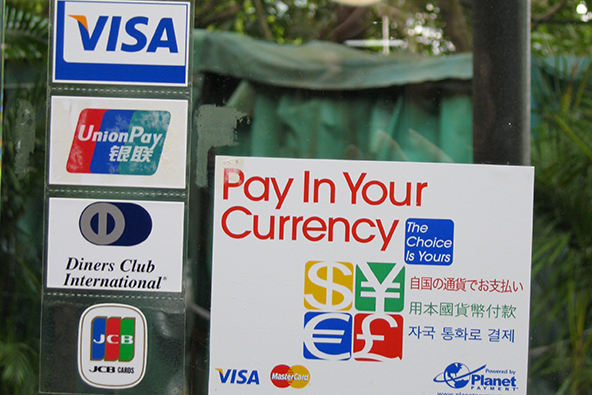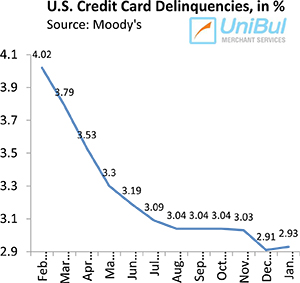How Cruise Line-Related Credit Card Payments Should Be Processed

Credit card transactions processed for cruise line-related charges have some unique features and require that merchants follow specific procedures, especially in regards to payment authorization requests. It should be emphasized that all merchants processing payments for cruise line-related charges are considered high risk by both Visa and MasterCard and are closely monitored by their payment processors who must ensure compliance with industry regulations or face stiff fines by the Associations.
Merchants should comply with the following requirements when authorizing and settling cruise line-related credit card payments:
- Obtain an incremental authorization approval for on-board charges. You will have to obtain an incremental authorization approval for charges incurred on-board the liner, before charging your customer’s card. To do this, you should:
- Follow standard authorization procedures to obtain approval for the incremental amount.
- If authorization is declined, contact your customer and request an alternative payment method.
- Settle only the cumulative approved authorization amount if an incremental authorization is declined. You should never settle a transaction for on-board charges if the incremental authorization request was declined by the issuer, even if the original authorization request was approved. This will help you minimize chargebacks which, in turn, will reduce your processing costs and potential losses. If incremental authorization is declined:
- Submit for settlement only the approved authorization amount and do not include any amounts for which authorization was declined.
- Contact your customer and request an alternative form of payment for the declined incremental amount.
- Submit an authorization reversal if the originally approved authorization amount exceeds the actual cruise costs. In some cases, the previously estimated amount for which authorization was approved will exceed the actual cost of the cruise. In such cases, you will need to submit an authorization reversal for the difference between the authorization amount and the actual cruise costs.
- Understand and apply the final authorization and the 15 percent rule. When customers check out at the end of a cruise, authorization is required when:
- There was no previous authorization. In such cases you should authorize the total transaction amount.
- There was a previous authorization but the actual transaction amount exceeds the previously authorized amount. In such cases, you will need to apply the 15 percent rule to determine whether or not an additional authorization is required. To do this:
- Add 15 percent to the previously authorized amount.
- Compare the total amount (sum of the already authorized amount plus 15 percent) to the actual transaction amount.
- If the actual transaction amount exceeds the total, an additional authorization is required for the difference (not for the whole amount!).
- Clearly disclose all terms and conditions of the sale. Your customers should know all terms and conditions of the sale before making a reservation. The following details should be clearly communicated:
- The amount of the sale and associated booking fees.
- How the fees will appear on the cardholder’s credit card statement (in total or separately).
- When the fees will be billed.
- What name will appear on the cardholder’s credit card statement. This information is managed through your merchant account’s billing descriptor. Contact your payment processor and make sure your billing descriptor is set up correctly. Issues may arise if your legal name is different from your “Doing Business As” (DBA) name, as your billing descriptor is typically set up to display the former, while your customers recognize the latter.
A clear disclosure of this information will help avoid unnecessary customer disputes and related chargebacks. For best results, require customers to accept your disclosure statement by clicking an “Accept” or “Agree” button on your website.
Image credit: Wikimedia Commons.


